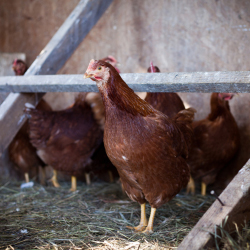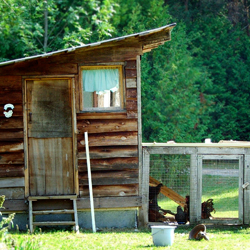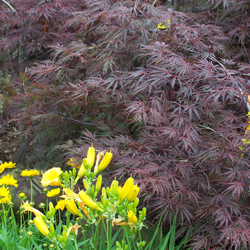Is there anything more delicious than a bowl of fresh, sweet, ripe berries? Did you know that berries are one of nature’s most perfect foods? They are low in fat and calories, high in fiber and vitamins and loaded with powerful disease fighting antioxidants!
Antioxidants are compounds that repair damage sustained by our body’s cells. They help to slow down the ageing process. They keep us healthier! Some antioxidants treat infections, while others have anti-cancer properties. Cardiovascular diseases and stroke are the leading causes of death in the United States, according to the American Heart Association. Fresh berries can significantly reduce the buildup of LDL, bad cholesterol, the culprit that contributes to heart disease, stroke and arteriosclerosis. Studies show that just one cup of berries provide all the disease fighting antioxidants that one person needs in a single day.
Berries are available year round from the grocery store and may be eaten fresh, frozen or dried to receive their health benefits. Fresh berries are, however, more expensive when they are not in season. Growing your own berries is easy and fun. Home grown berries will ensure quality and freshness. What a sweet way to stay healthy!
GROWING BERRIES
Blueberries – grow in full sun or part shade in acidic soil (pH 4.5 – 5.5) amended with plenty of peat moss. Apply mulch to retain soil moisture. Prune after fruiting. Fertilize with a fertilizer recommended for acid loving plants.
Blackberries – grow best in full sun in very well drained soil with a pH of 6.0 – 7.0. Apply mulch to conserve soil moisture and to control weeds. Proper pruning is critical for this plant to fruit, research and follow instructions. Harvest tender fruit in the morning while it is still cool, refrigerate fruit immediately or freeze.
Raspberries – adaptable to a wide range of soil types but grow best in well drained, fertile soil with a pH of 5.6 to 6.2. Keep soil moist and protect plants from strong winds.
Strawberries – may be grown in containers or in a garden bed in moist soil in full sun. Prune off all runners that develop the first season so that all of the plants energy will go toward fruit production. Fertilize often as strawberries are greedy feeders. Mulch strawberry patch with straw to retain soil moisture, keep roots cool and fruit clean.
Note: cover all berry crops in netting, when in fruit, to protect from the birds.











